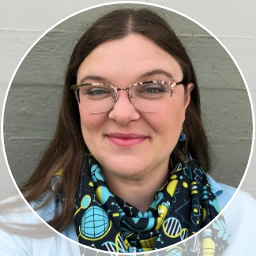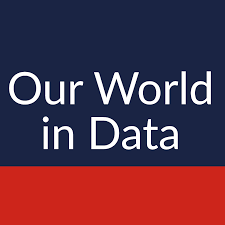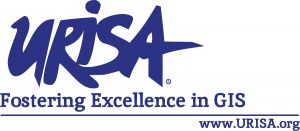Geography
Apply NowStudy Geography at Skyline College
Geography is the study of world cultures and their relation to the ever-changing physical environment. Skyline College's Geography courses help you explore the world and its diverse cultures through a geopolitical lens.

Geography Professor Rachel Cunningham presents a Social Science Unwrapped lecture: Public Perceptions of Levees and Risk
Career Outlook
Skyline College offers an Associate Degree for Transfer that can help you create a clear path for transfer to a four-year institution.
The State of California Employment Development Department provides an online Occupational Guide that provides helpful job descriptions, job outlooks and wages, and qualification requirements for a wide variety of careers. Use this guide to find more information about a career that may interest you.
Check out the Geography classes offered in upcoming semesters.
| Program | Type | Total Units |
|---|---|---|
| Geography for Transfer | AA-T | 60 Units |
Upon completion of the program students will be able to:
- Analyze, synthesize, and apply core geographic principles, concepts, models, and phenomena.
- Identify examples of human-environmental interaction and assess their past, present, and future impact.
- Evaluate and apply geographic methods and associated theories used to analyze and advance geographic concepts.
Primary Contact
Department Faculty






